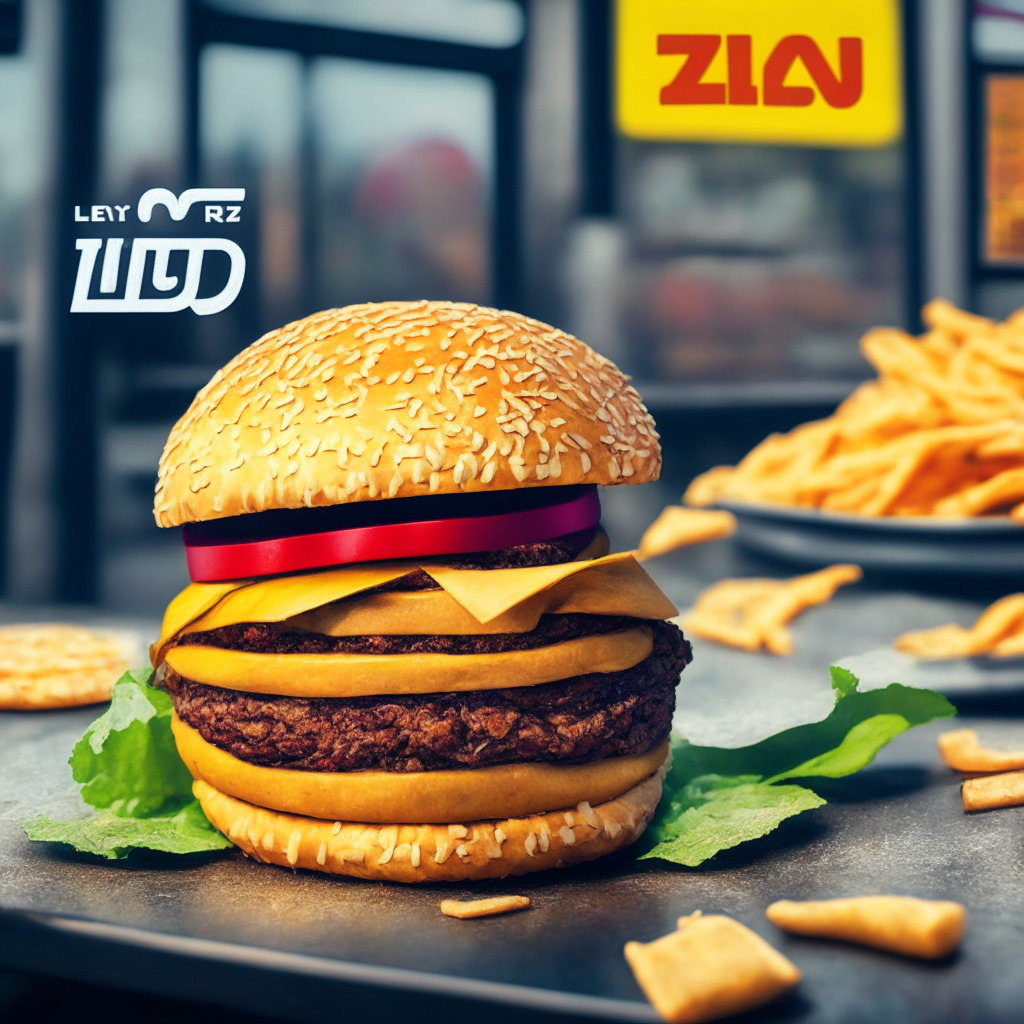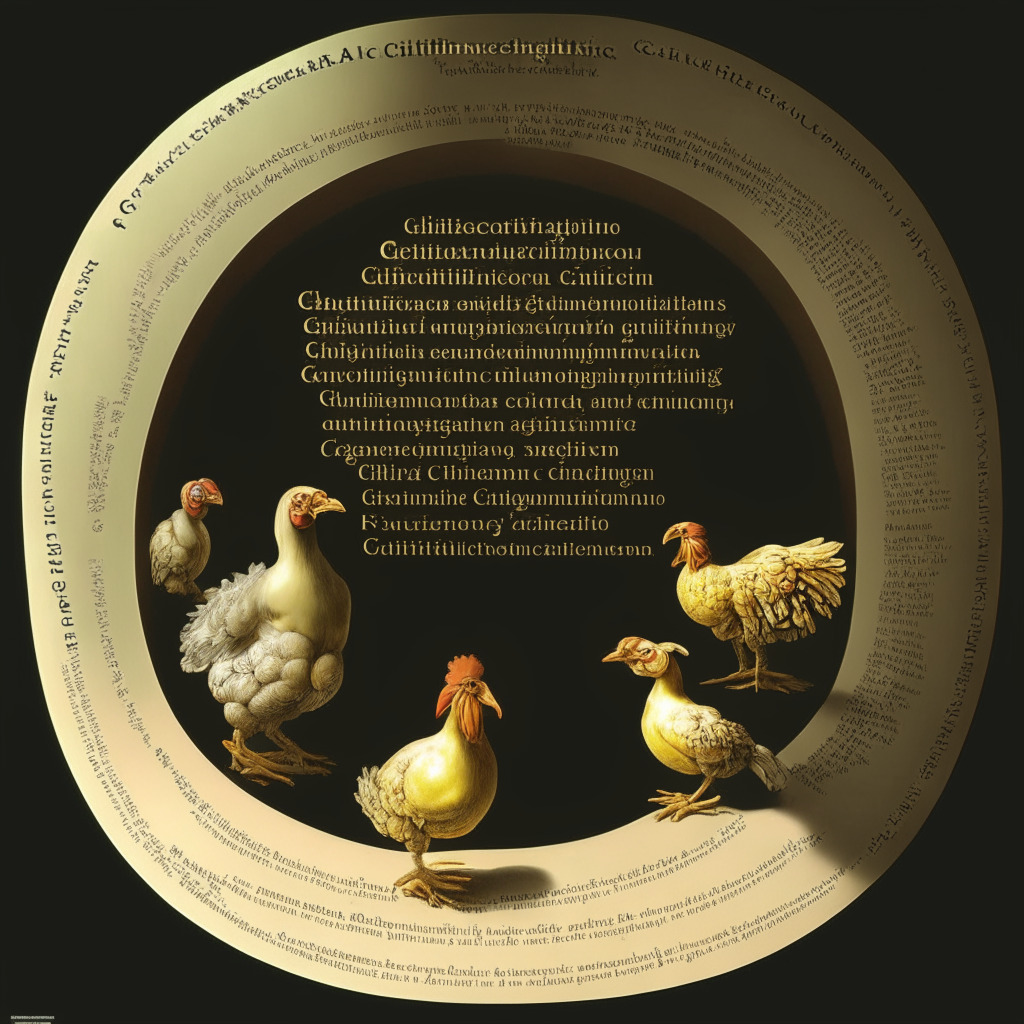The Belgian arm of the French fast food chain Black & White Burger has recently announced that all its stores in the country will begin accepting crypto payments. In a unique twist, the chain has even created a “mystery burger” which will only be available to customers paying in crypto. This move comes as a result of a partnership with French crypto app developer Lyzi, and will reportedly be implemented across all 12 of the Belgian outlets.
The decision to accept crypto payments aligns with the company’s image of being a modern and forward-thinking brand. Black & White Burger’s franchise chief, Mansour Nasr, said that they aim to “meet the growing demand from customers who want to pay in crypto.” The partnership with Lyzi allows customers to use 70 different tokens to pay for their food and drink orders, making the chain the first in Belgium to offer such a service. This partnership also represents Lyzi’s initial expansion into international markets.
While some may view this as a positive step for the fast-food chain and for crypto adoption in general, others remain skeptical about the motivations behind this move. Jerry Agondanou, the manager of the Brussels branch of Black & White, admitted that part of the reason for adopting crypto payments was to “create a buzz.”
Critics argue that the fast-food chain is capitalizing on the popularity of cryptocurrencies among younger age groups, particularly as many influential social media users promote them as a way to quick riches. Louis Larue, a researcher cited by L’Avenir, suggests that Black & White Burger is simply “surfing on that wave” of popularity.
Despite the skepticism, Nasr estimates that crypto payments could soon represent between 2% and 3% of the company’s revenue in Belgium. This development in Belgium isn’t the first instance of crypto payments in the European food industry. Earlier this year, a French pharmacy began accepting cryptocurrency payments, while some Parisian Burger King outlets installed crypto pay-powered mobile phone charging stations.
Similar trends have also been seen in Brazil, with several card issuers launching solutions that enable customers to pay using tokens, while merchants receive fiat.
Whether this rising implementation of crypto payments is part of a marketing plan or a genuine move toward broader acceptance of cryptocurrencies in daily transactions remains to be seen. However, with brands like Black & White fast food accepting digital currencies and other businesses following suit, the landscape of accepted payment methods is undoubtedly changing.
Source: Cryptonews




